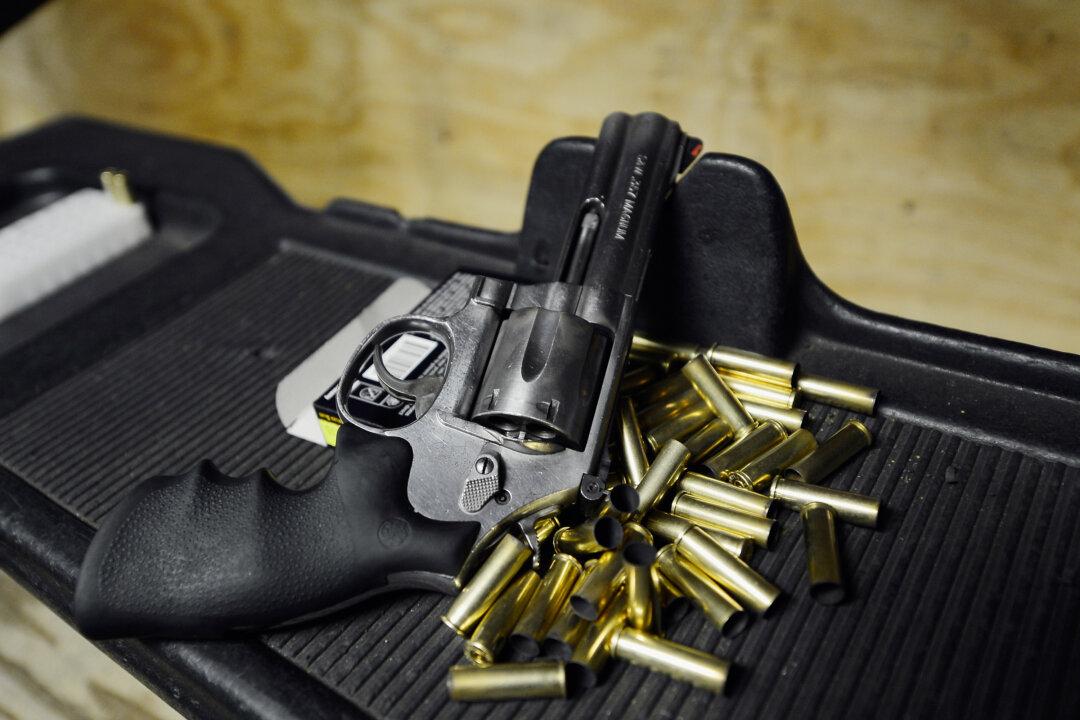California must create a pathway that would allow visitors to lawfully carry a gun while staying in the state, a federal judge ruled.
The Aug. 20 ruling is a partial victory for a coalition of Second Amendment advocacy groups challenging the Golden State’s concealed carry licensing process, which not only denies applications from out-of-state gun owners, but also doesn’t recognize permits issued by other states.





